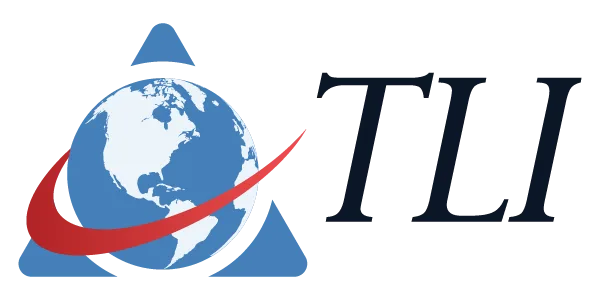
Businesses face increasing complexity in freight operations. Rising costs, carrier challenges, and regulatory requirements demand smarter solutions. Managed transportation services provide companies with the tools, expertise, and technology needed to handle freight efficiently, reduce costs, and improve visibility.
By outsourcing logistics to experts, companies gain access to advanced freight management solutions that integrate people, process, and technology. A strong transportation management system (TMS) enables shippers to optimize routes, automate freight booking, and track shipments in real time. This combination of technology and managed services allows businesses to scale without adding operational burden.
What Are Managed Transportation Services?
These services are comprehensive solutions offered by third-party logistics providers (3PLs) to oversee freight operations. They cover tasks such as:
- Carrier vetting and contract negotiation
- Freight invoice auditing and dispute resolution
- Route planning and shipment optimization
- Real-time tracking and reporting via TMS freight systems
- Data analytics to guide strategic decisions
Instead of spending hours managing freight internally, companies can rely on managed services to handle day-to-day operations while focusing on core business growth.
Benefits of Managed Transportation Services
Cost Savings
A professional provider audits every shipment and invoice, identifies billing errors, and negotiates competitive rates with carriers. These savings are achieved through freight management systems that consolidate data and highlight opportunities to reduce costs.
Increased Efficiency
Managed services leverage a transportation management system to automate shipping tasks, track shipments, and improve visibility. Automated processes reduce errors, speed up operations, and ensure deliveries arrive on time.
Scalability
As your business grows, managed transportation services scale with you. Providers adjust capacity, resources, and technology so you can expand into new markets without hiring additional staff or building internal systems.
Risk Reduction
Freight disruptions, claims, and compliance challenges can disrupt operations. Managed services actively monitor shipments, resolve issues, and mitigate risk. Freight management solutions and strong carrier relationships provide peace of mind.
Why Choose a Transportation Management System?
The right TMS freight platform is central to successful managed transportation services. It enables:
- Freight planning and mode optimization (LTL, FTL, intermodal)
- Real-time shipment tracking and alerts
- Data dashboards for spend analysis and KPIs
- Integration with ERP and BI systems for strategic planning
By combining a transportation management system with expert managed services, companies achieve both operational efficiency and cost control.
How Managed Transportation Services Improve Supply Chains
Managed transportation services streamline carrier communications and handle tendering efficiently, while also automating billing, invoice auditing, and claims management. They provide robust reporting and analytics that deliver actionable insights, helping businesses make informed decisions. Additionally, these services optimize freight routing and mode selection to maximize cost efficiency and offer full visibility into shipment performance and overall freight spend.
Businesses that adopt transportation services gain measurable ROI through reduced costs, improved efficiency, and scalable operations.
Frequently Asked Questions
Managed transportation services involve outsourcing your logistics and supply chain operations to a third-party provider. These experts use technology and industry knowledge to optimize shipping, reduce costs, and manage freight end-to-end. They handle daily tasks like route planning, carrier management, shipment tracking, and freight auditing, allowing your team to focus on core business goals. Businesses benefit from lower shipping costs, improved efficiency, enhanced visibility, reduced risk, and scalable operations without investing heavily in staff or infrastructure.
The four main types of transportation are road, rail, air, and ocean. Each mode serves different needs depending on speed, cost, and cargo type. Transportation management companies often blend these modes to deliver efficient and cost-effective shipping solutions.
The Least Cost Method (LCM) helps you choose the most affordable provider for your shipment. While price remains the primary factor, transit time, carrier reliability, and other considerations can influence the final cost.
